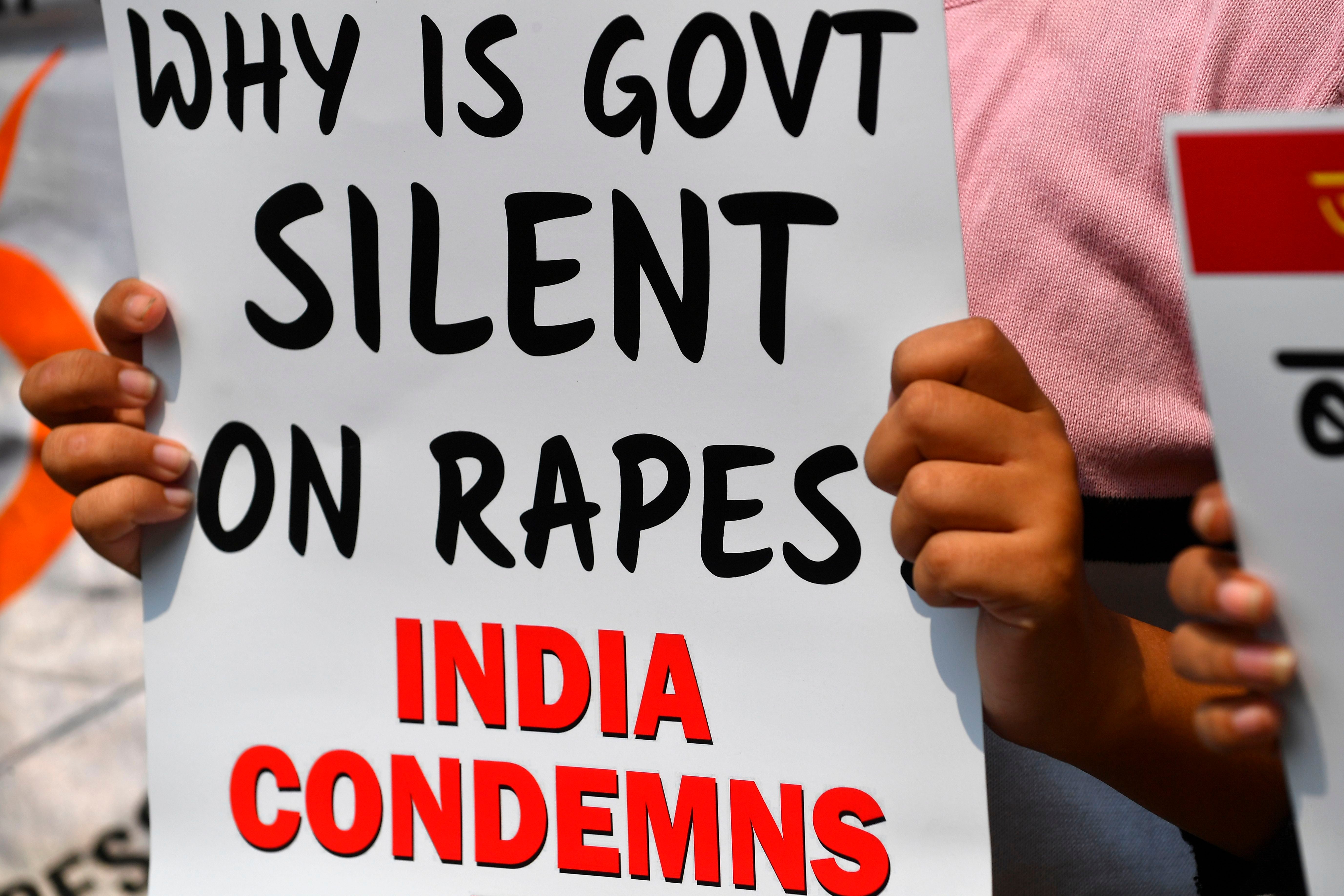Judge lambasts Indian consent culture as she refuses bail for accused rapist: ‘No means no’
‘The simplest of sentences have become the most difficult for some men to understand,’ says Justice Anoop Chitkara

Your support helps us to tell the story
From reproductive rights to climate change to Big Tech, The Independent is on the ground when the story is developing. Whether it's investigating the financials of Elon Musk's pro-Trump PAC or producing our latest documentary, 'The A Word', which shines a light on the American women fighting for reproductive rights, we know how important it is to parse out the facts from the messaging.
At such a critical moment in US history, we need reporters on the ground. Your donation allows us to keep sending journalists to speak to both sides of the story.
The Independent is trusted by Americans across the entire political spectrum. And unlike many other quality news outlets, we choose not to lock Americans out of our reporting and analysis with paywalls. We believe quality journalism should be available to everyone, paid for by those who can afford it.
Your support makes all the difference.A judge in India has spoken out over a rape culture that sees men “keep pursuing” women in spite of a lack of consent, as she refused to grant bail to a 26-year-old man accused of raping a minor.
In an order passed down at the Himachal Pradesh High Court on Thursday, Justice Anoop Chitkara spelled out: “No means no.
“No does not mean yes. It does not mean that the girl is shy, it does not mean that the girl is asking a man to convince her, it does not mean that he has to keep pursuing her... The simplest of sentences has become the most difficult for some men to understand.”
Justice Chitkara rejected the bail application of Suresh Kumar, who is charged with raping a 17-year-old girl who was known to him, and has been held since his arrest in Sirmaur on 18 December last year.
The girl was waiting to board a bus on 17 December when the accused appeared in his pickup jeep around noon and offered to take her home, police say. The girl had left home around 10 in the morning to visit a doctor.
Instead of taking her home, Mr Kumar is accused of taking her to an isolating spot and touching her inappropriately. Prosecutors say she resisted and told him “no” after which he asked if she would marry him. When she refused the proposal, police say, he raped her.
The girl told her mother what had happened when she reached home, and the family reported the incident to the Rajgarh police station.
In the courtroom, the lawyer for Mr Kumar had argued that since the girl in her statement to the police had mentioned that she was friends with the man, the sexual intercourse took place with “active consent and without any force on her by the accused”.
However, Justice Chitkara said that the fact the girl narrated the incident to her mother as soon as she reached home “prima facie points towards the genuineness of the incident”.
The court observed: “She would have kept it discreet because, as per her version, no one had noticed them. If the sexual act was with her will, she would not have told anyone about the same and tried to conceal the same.”
The court also said that any discussion of bail for Mr Kumar would be an exercise in futility.
Justice Chitkara said it appeared the girl had explicitly said no to the accused, yet still he didn’t stop. “The victim, in this case, said no to the accused when he started touching her, but he continued. [Her behaviour] nowhere implies consent, or zeal and desire to explore and feel each other in romantic love.”
In India at least 87 rapes were reported every day, on average, in 2019 – the most recent year for which we have official data. Many believe that the true number of assaults is much higher since many incidents go unreported.
Justice Chitkara said learning about consent had to start at school. “When the curriculum does not include the proper sex education, the children raised by such societies fail the women time and again,” she said.
Join our commenting forum
Join thought-provoking conversations, follow other Independent readers and see their replies
Comments